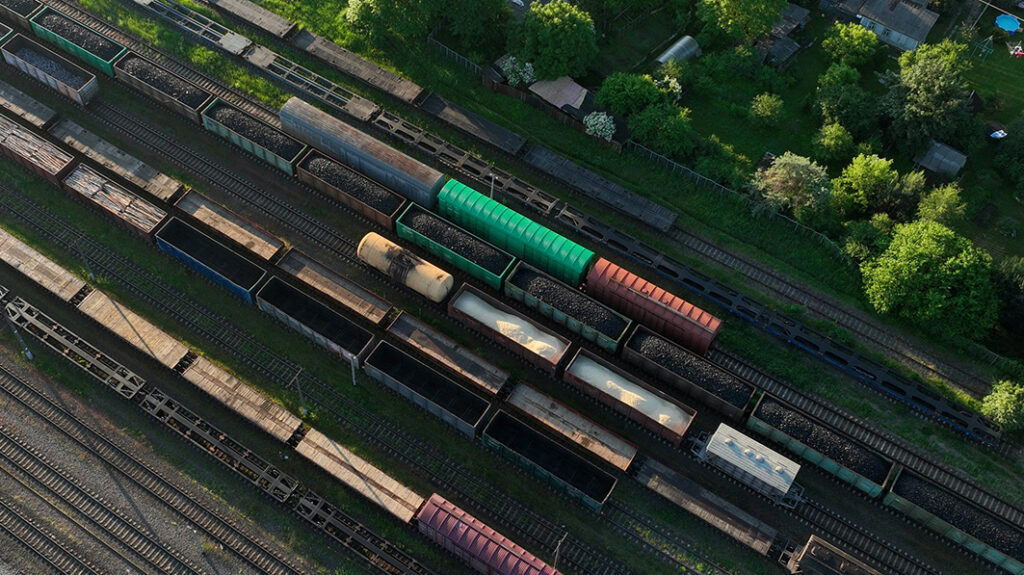
Supply Chains are Designed for Motion
One of the greatest lessons of the past few years is that economies are built and consumers are satisfied when goods flow freely. The COVID shutdown, grounding of the Ever Given in the Suez, and congestion at some of the largest ports and distribution centers in the United States all demonstrated the interconnectedness of global transportation networks.
Throughout North America, 140,000 miles of track operated by 600 different railroads connect cities and industries of all shapes and sizes. The American Association of Railroads estimates that a shutdown would potentially idle roughly 75,000 rail shipments per day with an estimated daily economic impact of approximately $2 Billion.
With the news of the looming work stoppage in the United States, there is potential for another significant disruption on the horizon. Telegraph serves railroads, shippers, and logistics companies through a unique, highly connected platform that empowers the next generation of rail commerce. Now, more than ever, connecting all the participants in the rail supply chain is critical to mitigating additional friction. To support our customers and the industry at large, Telegraph is taking the following steps:
- Expanding resources to offer responsive 24/7 operational support
- Releasing additional features to enhance fleet and pipeline management capabilities
- Partnering with customers to consult and proactively plan for network shutdowns and start-ups
Sydney Schreiber, who leads operations at Telegraph, announced to our partners earlier today that: “We are hyper-focused as a team to help you navigate this event. We are deploying new features aimed at dwell monitoring and are expanding support for our customers in the event a shutdown occurs.”
Preparing for the unknown is challenging, but it is important to maintain as much operational continuity as possible. In light of the potential rail strike, the team at Telegraph recommends every freight rail customer do the following:
- Take immediate inventory of goods currently in transit or destined for a rail facility. BOL, Waybill, and SKU information are essential.
- Leverage real-time rail visibility to monitor shipment locations and estimated arrivals or where the shipment may be staged in the event of a delay
- Where possible, reach out to end facilities to determine what flexibility (if any) the goods may have for shipping at a later date.
- Evaluate alternative options from providers, including securing container storage or emergency transloading.
- Accelerate the frequency of updates from your rail provider; higher volume shippers should expect regular touchpoints with their assigned market manager.
Keeping customers connected to their rail supply chain is central to Telegraph’s purpose. If you need software, support, or some perspective in advance of the potential shutdown, please reach out to us at [email protected]